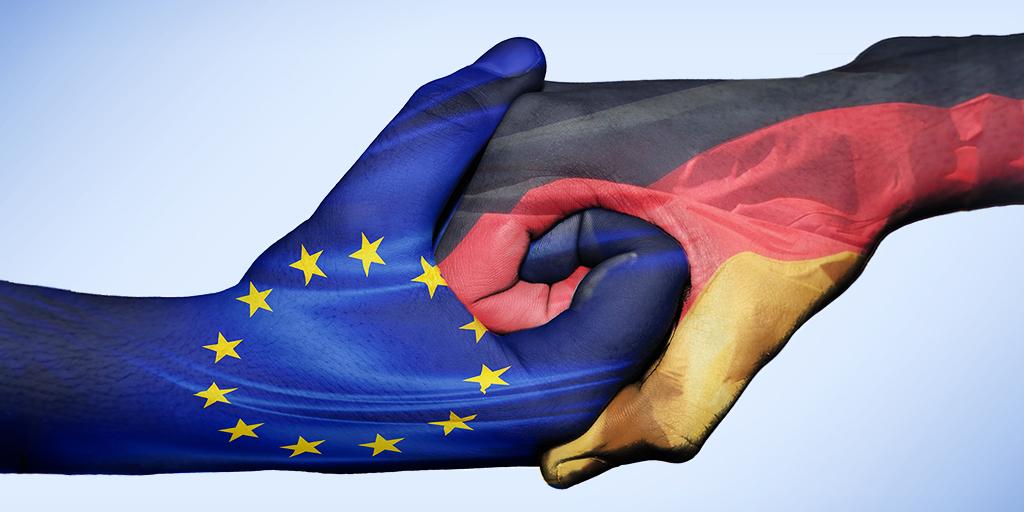
Where Will Friedrich Merz Take Europe?
Last Sunday, before the German election results were fully tallied, the nation’s new chancellor-in-waiting, Friedrich Merz, was already working to continue a “seismic shift” in transatlantic relations (BBC, February 24, 2025). In a debate after the election, Merz announced, “My absolute priority will be to strengthen Europe as quickly as possible so that, step by step, we can really achieve independence from the USA.” In fact, he seemed to consider matters so pressing that, according to the BBC, “he was not sure on whether the transatlantic alliance leaders gathering for a summit in June ‘would still be talking about Nato in its current form or whether we will have to establish an independent European defence capability much more quickly.’”
It seems Merz is far more assertive than his predecessor, with more ambitious aims to increase Germany’s leadership profile in Europe (Politico, February 21, 2025). Some analysts warn of potential clashes between Merz and EU Commission president Ursula von der Leyen, based upon their political histories. However, others believe the two will work together to catapult Germany forward as the leading nation of Europe. Merz has an accelerated timeline to disconnect from the United States and not only longs to create a strong, stand-alone European army and nuclear deterrent, but also wants full and rapid support from other EU nations. This may work for some nations, but likely not for all. Thus, the term “two-speed Europe” is again being used (European Council on Foreign Relations, February 20, 2025)—but now, the concept makes even more sense. Many EU nations now have the political will and the pressure of geopolitics to push at least some European nations to act together. Those who do not could be left behind. Actions taken by European leaders in the months ahead could “lead to an institutionalisation of a two-speed Europe… defin[ing] one highly integrated camp [in the north of Europe], with mediterranean southern Europe lagging behind.”
The days ahead will no doubt witness great changes in European focus and ambitions, and Germany has a powerful prophesied role to play in Europe. To learn more about that role, read or listen to Germany in Prophecy.



